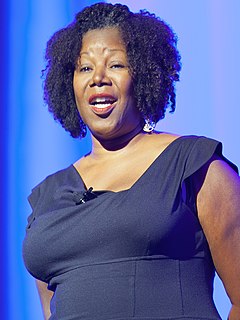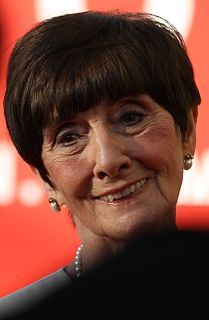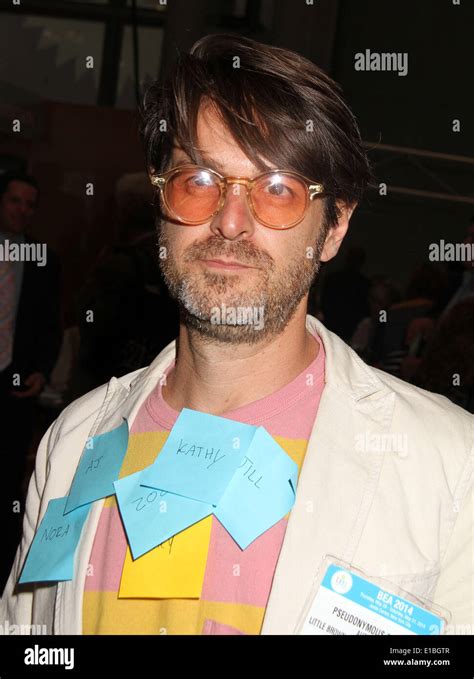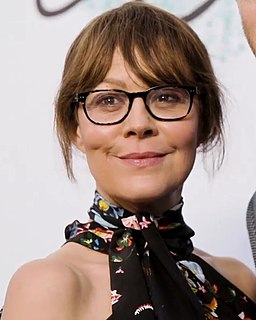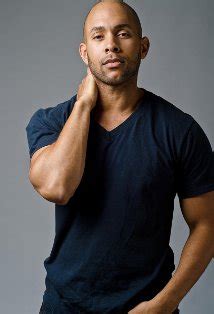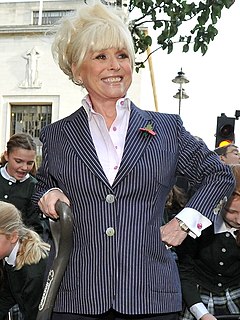A Quote by Ruby Bridges
If kids have the oportunity to come together to get to know one another, they can judge for themselves who they want their friends to be. All children should have that choice. We, as adults, shouldn't make those choices for children. That's how racism starts.
Related Quotes
I want children who can make eye contact. I want children who know how to resolve conflicts with their peers. I want children who understand the dynamics of interpersonal relationships that are physical and tactile. I do not want children that only know how to interface with the world through a screen.
You know, people always warn children about taking candy from strange adults. But they never warn us adults about taking candy from strange children. All those sweet-looking kids who sell boxes of candy bars on the street to help pay for schooling - how do we know what's in those bars? And don't even get me stated on that nefarious institution designed to lure unsuspecting customers into buying mysterious frosted goodies: the bake sale. Adults, be warned: if a child wanted to poison you it would be a piece of cake! Literally a piece of cake.
Although adults have a role to play in teaching social skills to children, it is often best that they play it unobtrusively. In particular, adults must guard against embarrassing unskilled children by correcting them too publicly and against labeling children as shy in ways that may lead the children to see themselves in just that way.
Children grow rapidly, forget the centuries-long embrace from their parents, which to them lasted but seconds. Children become adults, live far from their parents, live their own houses, learn ways of their own, suffer pain, grow old. Children curse their parents for their wrinkled skin and hoarse voices. Those now old children also want to stop time, but at another time. They want to freeze their own children at the center of time.
